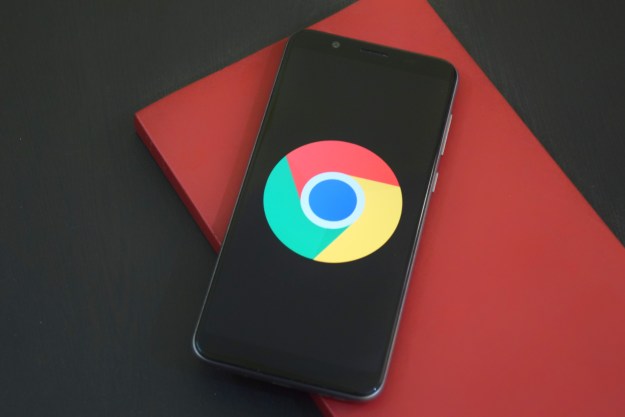
Thanks to a bevy of unspecified behind-the-scenes changes, explained Google engineer Renganathan Ramamoorthy, Chrome now handles video files on web pages much more efficiently. Load time, or the period between when you press a video embed’s “play” button and when playback begins, has been dramatically reduced: shorter clips begin now begin playing within nine milliseconds, on average, compared to the one second or more they took on older versions of Chrome — a 5x improvement. In addition, clips now buffer less frequently and play back more “smoothly,” and better still they impact battery life less drastically.
Chrome for Android’s other gain is an improved Data Saver Mode. The feature, which speeds up browsing by compressing images, text, and other webpage content, is now compatible with video. When enabled, you’ll see a “lightweight” version of embedded videos, Ramamoorthy said. “[The] improvements will be most noticeable on short videos, which make up the majority of videos on the web,” Ramamoorthy said. “With more publishers and sites moving to HTML5, your video experience on Chrome will just keep getting better.”
The new Chrome is live on the Google Play Store, and will arrive as an update for those who’ve installed it previously.
Video optimization isn’t the only way the Chrome team has sought to improve the Android version of Chrome’s responsiveness. Way back in 2013, it rolled out a new version of its Javascript rendering engine, V8, that improved page loading times by 25 percent. And in January, it debuted a new compression algorithm, Brotli, which uses a highly efficient data format to improve the compression of web scripts by as much as 26 percent. Google’s future plans include implementing BoringSSL, its in-house, lightweight alternative to cryptology library OpenSSL, and replacing Chrome’s bloated WebKit rendering engine with its speedier Blink codebase.
There isn’t a timetable on those enhancements, but Google has previously said it expects new public releases in the coming months.
Editors' Recommendations
- 5 web browsers you should use instead of Google Chrome or Edge
- A new Android 15 update just launched. Here’s everything that’s new
- Google just announced 8 big Android updates. Here’s what’s new
- Google is launching a powerful new AI app for your Android phone
- Google is bringing Chrome browser to cars, even more EV features to Maps
